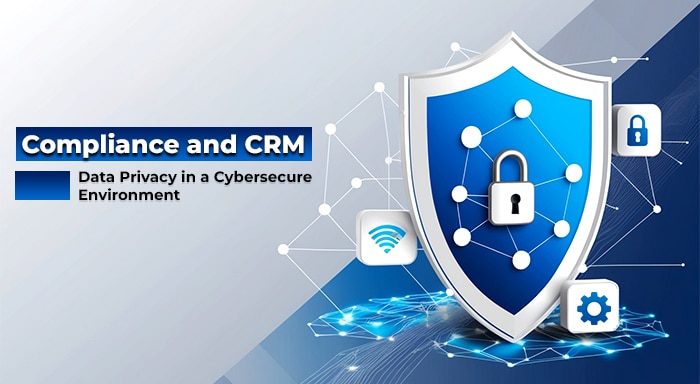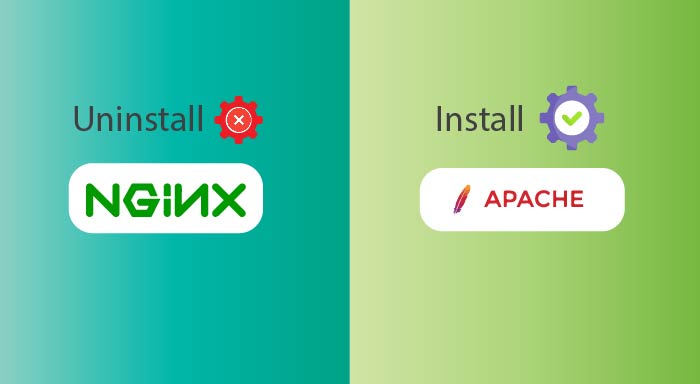Data forms the bedrock of business operations. It is a small word with exponential potential. Data is everything in the world of information technology. Safeguarding data is imperative for any organization that values the business/client relationship. It is invaluable for all stakeholders, up and down the value chain.
This is especially true for companies that manage personal client information. A growing number of cybersecurity data breaches are taking place, imperiling the integrity of client data. Ironclad CRM privacy practices are necessary for ensuring credibility, reputation management, and trust.
Customer data relies heavily on compliance and data privacy. CRM platforms have an essential role in this regard. They can help companies navigate these muddy waters. But first, we must clearly define data privacy and why it is important to companies. At its core, data privacy is all about how personal information is managed.
In marketing parlance, data is known as personally identifiable information. It includes financial data (bank account info, credit card numbers), Social Security numbers, health records, medical records, etc. Many companies deal with mountains of data daily, but specific data requires maximum security and privacy.
Introducing Container Security Solutions
High-quality container security solutions provide comprehensive options for securing containerized applications throughout the Software Development Lifecycle (SDLC). The software can scan container images, identify vulnerabilities, and detect network-wide configurations, among other things. From a developer’s perspective, this platform addresses risks before the software reaches production.
Thanks to advanced runtime insights, IT security teams can correlate pre-production data to pinpoint exploitable issues. This dramatically reduces noise by up to 95%, streamlines remediation, and offers viable solutions to organizations.
Significantly, container security solutions go well beyond vulnerability detection. They offer functional tools to prioritize risks based on impact and exploitability. Developers can, therefore, enhance security through actionable recommendations.
These include selecting safer base images and managing severity levels per project. This multi-layered approach ensures visibility into container security settings. It delivers detailed reports and audit trails for smart decision-making and regulatory compliance.
Leading developers can easily build secure applications by integrating container security with CI/CD pipelines. Thanks to runtime-focused features, problems can be detected early. This helps companies maintain security and standards and reduces time to remediation. Industry-leading security authorities present viable solutions for protecting containerized environments.
Tips for Effective Data Security and CRM Privacy
CRM systems are essential for collecting and storing customer data. The privacy of this data is a strategic objective of the company. Ironclad data privacy policies protect against possible security breaches. Any credible threat to data can compromise business operations, employees, and clients. Stakeholder privacy is paramount for several reasons, notably:
- Mitigating financial risks like costly data breaches
- Avoiding punitive measures like fines and penalties
- There are statutory requirements governing how data is handled
- Credibility and reputation management rely on maximum privacy controls
- Data privacy controls are necessary for maintaining supply chain relationships
It’s imperative to prioritize data security with CRMs. The best practices for privacy and CRMs include selecting a reliable Customer Relationship Management platform. All data must be stored in a secure location. Fortunately, many top CRMs come with encryption technology to secure data.
Equally important is access restrictions. Only authorized individuals should have access to sensitive data. Strict access controls ensure that risk and data exposure are minimized. By the same token, security teams must perform ongoing system audits of the CRM. This can pick up any security breach, ensure compliance, and stay ahead of potential issues before they become pressing concerns.
From an employer/employee perspective, all staff must be well-versed in the best practices for using CRMs securely. This may necessitate workshops, group meetings, certification, or other empowering solutions. Incident response strategies should be comprehensive and outline all the points for notify affected people. By having an effective response plan in place, it’s possible to mitigate the data breach of the CRM system.
Bank-level encryption is necessary at all times. Data must be encrypted while it is stored, or in transit. SSL/TLS encryption protocols are necessary. They add a protective layer over the data, making it significantly more difficult for unauthorized users to access sensitive info.
Of course, major regulations protect customer data privacy, notably CCA, GDPR, and HIPAA. However, the combination of ironclad CRM privacy controls, regulatory compliance, and 24/7 monitoring of applications, systems, frameworks, and IoT devices works wonders.








